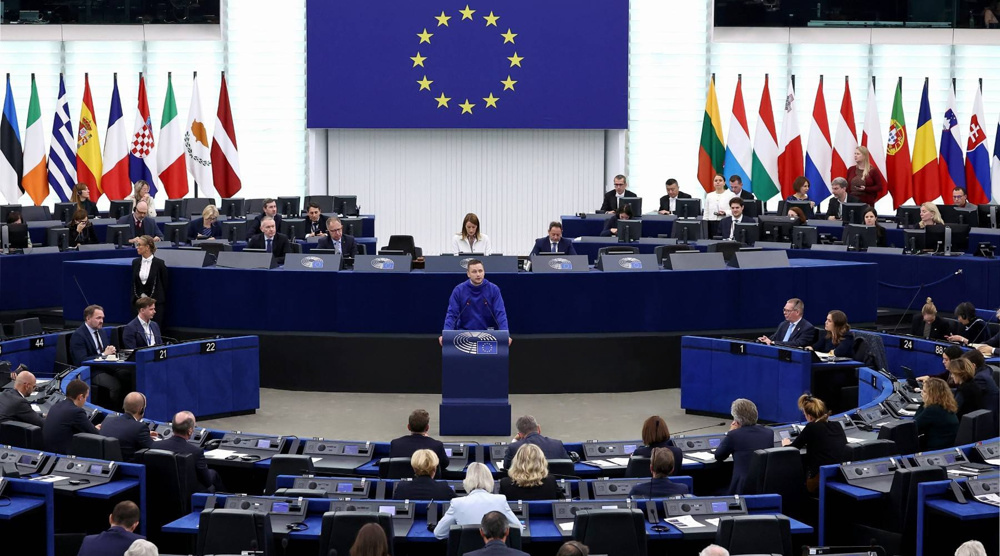ECB to stop Greece lending if no deal inked by March
The European Central Bank (ECB) says Greece cannot keep receiving financial aid from the institution if it fails to extend its bailout program before a February deadline.
Bank of Finland Governor Erkki Liikanen, who is also a member of the ECB’s governing council, made the remarks on Saturday nearly a month before Athens’ bailout agreement with its international creditors is due to expire.
“Greece’s program extension will expire at the end of February so some kind of solution must be found, otherwise we can’t continue lending,” Liikanen said in an interview with Finnish public broadcaster Yle.
The radical-left coalition Syriza, which recently won Greek elections, has vowed to renegotiate the terms of the cash-strapped country’s bailout with the so-called troika of the European Commission, the ECB and the International Monetary Fund (IMF).
“Significant debt restructuring has been carried out with private investors. The ECB cannot fund a state directly, which is what it would mean in this case,” Liikanen said.
Also on Saturday, German Chancellor Angela Merkel stressed that Greece should not be granted any additional debt relief.
“There has already been voluntary debt forgiveness by private creditors, banks have already slashed billions from Greece’s debt,” she told German newspaper Hamburger Abendblatt, adding, “I do not envisage fresh debt cancellation.”
Greece’s newly-elected anti-austerity Finance Minister Yanis Varoufakis said on Friday that Athens would no longer cooperate with the troika.
In addition, Greece’s new Prime Minster Alexis Tsipras on January 28 stopped privatization plans of a number of public assets, including the port of Piraeus, the Public Power Corporation of Greece, airports and motorways. The privatization plans were agreed upon under the bailout deal.
Greece has been relying on international rescue loans since 2010. It has received 240 billion euros (330 billion dollars) in international loans. In exchange, Athens has implemented harsh austerity programs that have caused mounting dissatisfaction in the country.
The measures have forced people to endure multiple tax increases, along with cuts in pension and salary, in exchange for bailout loans by the troika.
MR/MKA/HMV
Related Stories
EU slams Greece shrugging creditors Sun Feb 1, 2015
Greek finance minister due in Paris Sat Jan 31, 2015
Merkel rejects more Greece debt relief Sat Jan 31, 2015
Pezeshkian calls recent riots in Iran part of ‘failed’ US-Israeli war
UK ‘preemptively’ discharges pro-Palestine hunger strikers recovering in hospital
US dollar falls in Iran amid rising export currency supply
Trump’s ‘Board of Peace’ for Gaza an extension of Israeli occupation: Ex-UN rights chief
IMF expects Iran’s economy to grow by 1.1% in 2026
Over 9,350 Palestinians held in Israeli prisons as of early January: Rights groups
VIDEO | Press TV's news headlines
Israel plans to seize Palestinian-owned land in occupied East al-Quds










 This makes it easy to access the Press TV website
This makes it easy to access the Press TV website